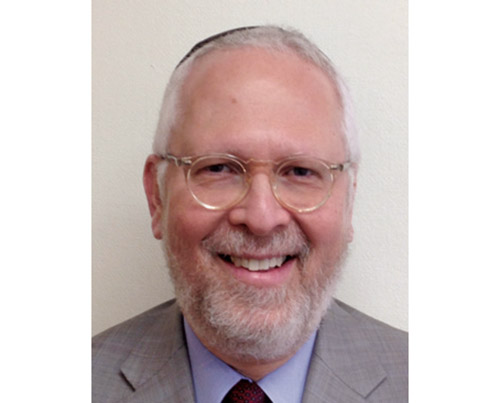
We just emerged from the wonderful experience of the Pesach Seder, one of the paradigms of Jewish education. Perhaps the most striking part of this pedagogic model is the four sons. Each child needs his or her own personalized approach—one that will reach him or her both intellectually and emotionally. Of the four sons, the most enigmatic and, of course, challenging, is the rasha—the one who separates himself from the rest of the community and denies his own Divine destiny. The rasha says, in effect, “I respect the fact that your attachment to Judaism is important to you. But it is just that: a subjective, non-compelling approach. If it works for you, then great; but I want no part of it.” How do we respond to the challenge of the rasha?
The first point to notice is that we do not exclude him. We do not send him away. We engage him. We work with him. We are charged with being inclusive. But there is a method to the inclusion. We are instructed to “blunt his sharp teeth.” Not to “hit his teeth” but rather to blunt them. What does this mean? The implication is to remove the sharp, biting nature of his words. How do we do this? The philosophy of our rasha is that life is meant to be lived very subjectively; what works for me is the way to go. We point out to the rasha that had he been in Mitzrayim, he would have neglected the entire Pascal ceremony. As he tells us in the formulation of his own question, this ceremony is “not for me.” Now, had he neglected to do the Pascal ceremony, he would have remained a slave in Mitzrayim, or would have met his demise by the hands of the cruel taskmasters—clearly a result that he would never want to happen. So… adhering to a subjective approach to life would have ended with the complete opposite of one’s subjective goals. Pointing this out to our rasha effectively blunts his words in an intellectual way.
But there is more to the story here. Some of the classic commentaries explain that our “blunting of his teeth” is supposed to frustrate and disturb the rasha. Our goal is to “rattle” him. Why? There are times that it takes a little bit of a shock to the system to get someone to “think outside of his or her box.” Traveling outside of the comfort zone is a necessary step in order to view things from a different perspective. Thus, we are enjoined to “blunt his teeth” to promote the consideration of a different view. Challenge is often a good thing; it is a catalyst for growth in an emotional way.
With all of this, I believe there is one more important aspect of “blunting the teeth.” Sharp teeth can cause damage to others who may be bitten. Blunt teeth cannot do real harm. We include the rasha at the table; we embrace him. But we also must ensure that the other children at the table are safe, and not subject to being bitten in a harmful way.
The process of Jewish education is complex, nuanced and sometimes delicate. It does not shy away from challenge. It is nurturing, inclusive and embracing—while at the same time effective, strategic and considerate of everyone’s unique needs. As we emerge from the Seder, and continue the majestic effects of that night—the night of transformation—we are guided by the lesson of the four sons and by the spirit in which that transformation is accomplished.
By Rabbi Saul Zucker
Rabbi Saul Zucker is head of school at Ben Porat Yosef.










